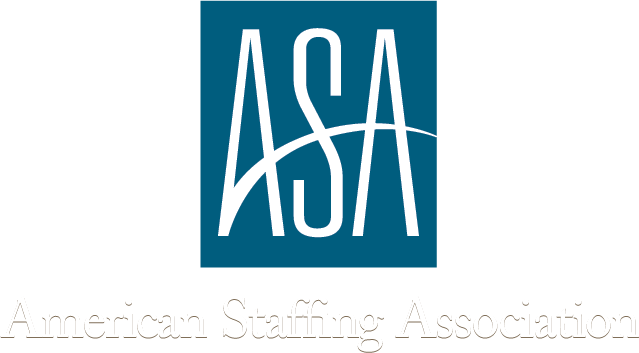Soft skills are typically critical for job success. Plus, they make a difference when you’re trying to land a new position. Many hiring managers assess a candidate’s soft skills, as having the right traits usually positively impacts performance and helps a person integrate with their new team.
Since soft skills are often more inherent to a person, figuring out which ones you possess isn’t always easy. Fortunately, there are steps you can take to learn more about what you bring to the table. Here’s what you need to know if you need to identify your soft skills – or want to develop them and gain new ones.
How to Identify Your Soft Skills Quickly
In many cases, the first step you’ll want to take to identify your soft skills is reflecting. Often, this is easier by getting a list of classically needed soft skills in your position and considering how well you perform in those areas. You can use your past performance on the job or at school as a basis for your assessment, allowing you to determine where your strengths and weaknesses lie.
Another excellent strategy is reaching out to current and former colleagues, managers, or friends. Ask them what traits and soft skills come to mind when they think of you, and see if they can support their points with examples. That gives you insights from an outsider’s perspective and may even help you identify more strengths and weaknesses.
Finally, you can review your current or past job descriptions for additional clues. Many will list soft skills that are necessary for the job. Then, you can either reflect on those points or ask someone who knew you while working in the role if you did well in those areas.
How to Develop Your Soft Skills (and Gain New Ones)
After you get a good grip on your potential strengths and weaknesses, you have an opportunity to improve further on what you bring to the table. While some soft skills are characteristics, so they’re harder to learn through formal training, others are learnable using direct methods.
For example, you can take courses to assist with project management, communication, negotiation, and organization. Along with paid options, you can potentially find free classes or materials online, allowing you to boost your capabilities without having to spend money.
For those that aren’t as directly trainable, you can consider working with an appropriate coach. This option is excellent for leadership skills, for instance. However, you can find coaches that can help you develop in other areas, too.
Finally, you can use the self-directed approach. Consider where you typically struggle, then practice mindfulness when you encounter situations that require that capability. By thinking your actions through before taking them, you can start making better choices. In turn, using the new strategy will eventually become a habit, leading to stronger skills.
Ultimately, soft skills are a critical part of the career success equation.
Contact Us Today!
If you’d like to learn more or are seeking out new job opportunities that can help you put your soft skills to work and develop new ones, Selectek wants to hear from you. Contact us today.


